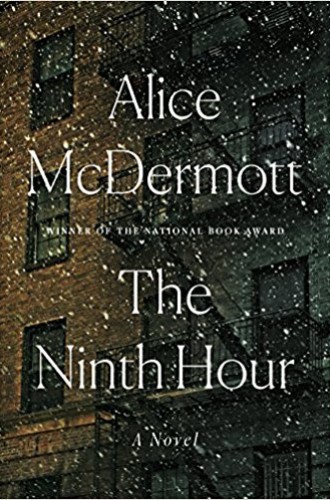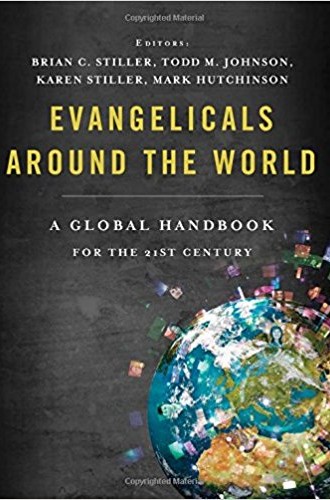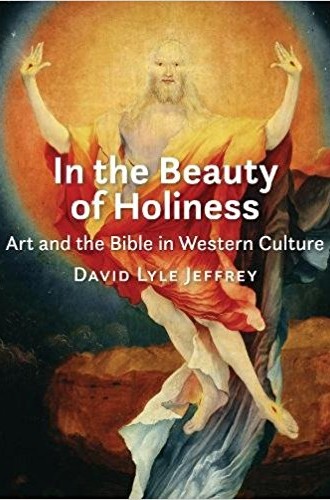Hope for me has been buoyed in recent months by three books that are very different from each other, except for their studied avoidance of the immediate, the sensational, the transitory, or the attention-lusting polemical.
Alice McDermott’s The Ninth Hour narrates the patient goodness of Irish American nuns (the Little Nursing Sisters of the Sick Poor and the Congregation of Mary Before the Cross) as they minister to Brooklyn’s ill, homebound, and disabled people in the early 20th century. The novel revolves around the trials of a single family sustained for two generations by Sisters Lucy, St. Savior, Jeanne, Illuminata, and others. McDermott’s luminous but understated prose portrays nuns who are anything but plastic saints or manipulating ecclesiastics. Her account of their self-giving vocations offers a splendid complement to the ongoing exploration of American sisters that is currently being carried out under the direction of Kathleen Sprows Cummings at Notre Dame’s Cushwa Center for the Study of American Catholicism.
Evangelicals around the World, a multiauthored “global handbook” published by the World Evangelical Alliance, records an extraordinary range of healing activities undertaken by an extraordinary range of self-giving people. After Reaksa Himm’s Cambodian family was killed by the Khmer Rouge, he trained as a psychologist in Canada before returning as a missionary to his native people. Norberto Saracco, one of the first Argentinean Pentecostals to earn a Ph.D., happened also to participate in a Buenos Aires prayer circle that included the Catholic bishop Jorge Bergoglio, later Pope Francis I. In Nigeria, the Evangelical Church Winning All, an offshoot of the Sudan Interior Mission, now includes over 5,000 congregations with 6 million adherents and sponsors two seminaries, eight Bible colleges, 15 theological training centers, four hospitals, 100 medical clinics, an HIV/AIDS ministry team, and a school for nurses and midwives. While I read this book, the United States’ political-religious wars fade away almost entirely.
David Lyle Jeffrey’s In the Beauty of Holiness: Art and the Bible in Western Culture provides a welcome reminder that while goods and kindred come and go, God’s truth abideth still. The book has a thesis (concerning when artistic engagement with biblical narratives began to move from integral to commodified), but its great contribution supersedes argumentation. Jeffrey’s accessible rendering of theological contexts, liturgical continuities, and aesthetic considerations builds a frame for the book’s nearly 150 clearly reproduced and breathtakingly beautiful images. These depictions of biblical narratives that could so easily fall prey to neglect or abuse can only leave readers lost in wonder, love, and praise.
Together, these books embody a hope that heals. The same healing hope can be heard in J. S. Bach’s affecting meditation on Psalm 84:11, BWV 79, “Gott der Herr ist Sonn und Schild” (God the Lord is sun and shield). As even in parlous times he is.
Read the other 2017 Christmas picks here.







